It was reported on Wednesday that the holding company is suing Apple in a Florida district court over two patents, No. 6,236,717 and No. 5,719,922, which both outline a system for simultaneous voice and data voicemails, according to GigaOM.
Being leveraged is intellectual property originally issued to former modem maker Paradyne in 1998, and a continuation of application in 2001, which describes a system that allows users to access stored voice and data messages at the same time.
From continuation patent No. 6,236,717, granted by the U.S. Patent and Trademark Office in 2001:
A simultaneous voice and data modem coordinates the storage of voice messages and data messages on an audio answering machine and a personal computer, respectively. This allows the called party to subsequently retrieve, via the simultaneous voice and data modem, both a voice message and an associated data message, i.e., a multimedia message, where the called party listens to the voice message while viewing the data message. The called party can retrieve the multimedia message either locally or from a remote location.
Florida-based Paradyne Corporation was bought out by broadband solution company Zhone in 2006, though it is unclear how Brandywine got hold of the firm's answering machine property.
Exactly how Brandywine intends to assert the patent against the iPhone and iPad is also unknown, however it will most likely involve Apple's Visual Voicemail feature that was introduced with the Cupertino, Calif., company's first handset in 2007. The iPad doesn't currently support visual voicemail, and it is possible that the suit may be aimed at other iOS features as well.
Wednesday's news marks the second time Apple has been sued over the now-ubiquitous feature, as a Texas suit in 2007 claimed that the service, which allows users to select individual messages through an on-screen interface, was previously patented.
In that case, Klausner Technologies successfully defended the IP rights as it had done with other telecom giants that used the system including AOL Time Warner and Vonage, and forced Apple to settle out of court. The sum of the settlement was not made public, though it was reported that both Apple and then sole iPhone provider AT&T licensed the technology.
Interestingly, Apple itself was issued a similar patent in 2011, though the scope of that IP was limited to how the service's user interface handles message playback.
Brandywine itself was recently slapped with a lawsuit from Verizon over wireless spectrum technology, with the nation's number one carrier describing the Delaware company as "a patent holding company that is in the business of enforcing patent rights through the filing of various lawsuits."
No official announcement has been made by either Apple or Brandywine regarding case specifics.
 Mikey Campbell
Mikey Campbell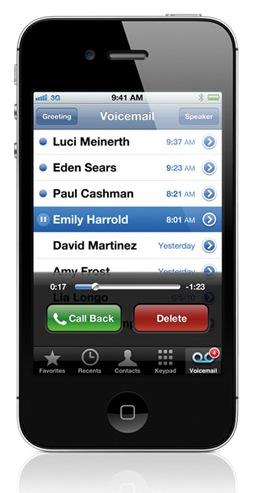


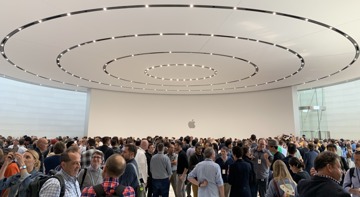
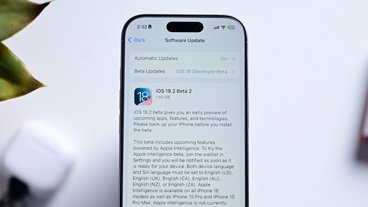
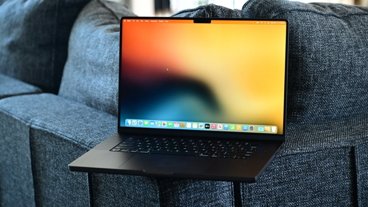
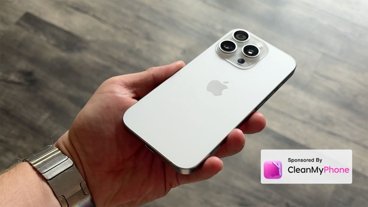







 William Gallagher
William Gallagher

 Christine McKee
Christine McKee
 Andrew Orr
Andrew Orr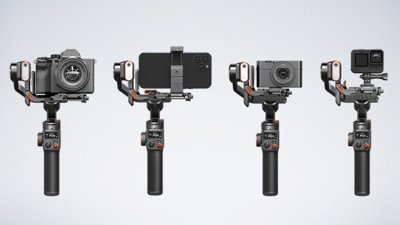
 Charles Martin
Charles Martin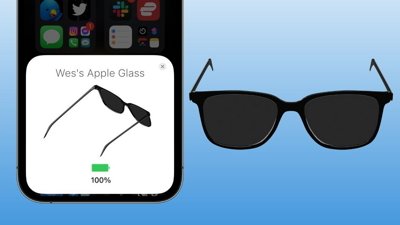
 Marko Zivkovic
Marko Zivkovic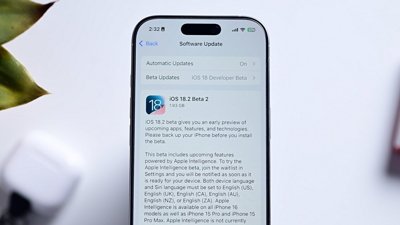
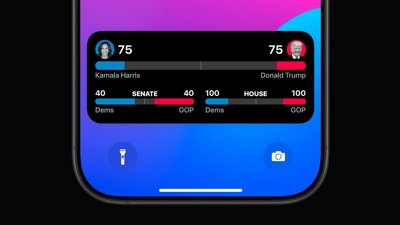
 Wesley Hilliard
Wesley Hilliard
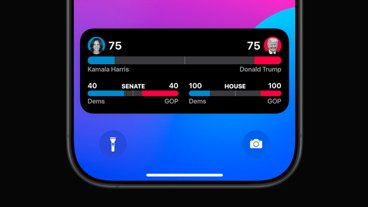
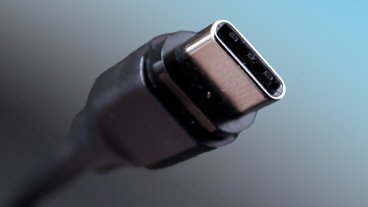
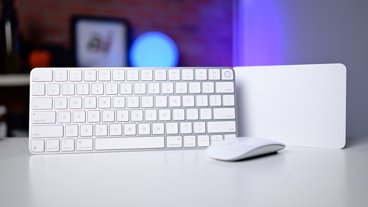
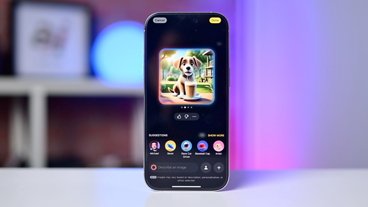
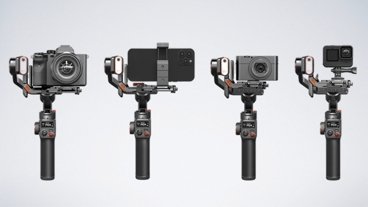


52 Comments
Karma
I really wish people would stop with the 'patent troll' crap.
If someone owns a patent, they have a right to enforce it - whether they are in a business which uses that patent or not.
It's absurd to pretend that only people who are actually manufacturing products which use a technology should have the ability to enforce their patents.
I really wish people would stop with the 'patent troll' crap.
If someone owns a patent, they have a right to enforce it - whether they are in a business which uses that patent or not.
It's absurd to pretend that only people who are actually manufacturing products which use a technology should have the ability to enforce their patents.
And you've been admirably consistent on that view. Kudos.
I really wish people would stop with the 'patent troll' crap.
If someone owns a patent, they have a right to enforce it - whether they are in a business which uses that patent or not.
It's absurd to pretend that only people who are actually manufacturing products which use a technology should have the ability to enforce their patents.
Indeed. It's too easy to label a patent owner a "troll". That's why people do it. No thinking involved.
I really wish people would stop with the 'patent troll' crap.
If someone owns a patent, they have a right to enforce it - whether they are in a business which uses that patent or not.
It's absurd to pretend that only people who are actually manufacturing products which use a technology should have the ability to enforce their patents.
I reserve the term "troll" for companies or holding companies who "camp out" waiting for someone to cross their "bridge" as it were; instead of asserting their patent immediately, they wait for the company to have success, and then ask for a toll. Their sole reason for existence is to profit on the efforts of other people, themselves making no effort to ever use the patented technology.
The term, however, is abused and applied to anyone being aggressive with patents, which does not make sense. The correct term, if you feel a company is wrong in their use of a patent (i.e MotoMo), would be something like "patent abuse".